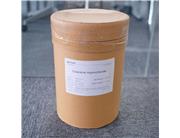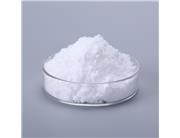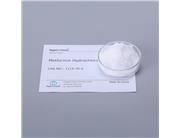Description:
Irinotecan hydrochloride trihydrate is a chemotherapy medication used primarily in the treatment of various types of cancer, particularly colorectal cancer. It is classified as a topoisomerase I inhibitor, which interferes with the DNA replication process in cancer cells.
Uses:
Colorectal Cancer: Irinotecan is most commonly used in the treatment of metastatic colorectal cancer, often in combination with other chemotherapy agents such as 5-fluorouracil and leucovorin (known as FOLFIRI regimen).
Other Cancers: It may also be used in the treatment of other malignancies, including small cell lung cancer and certain types of gastric cancer, depending on the specific treatment protocol.
Mechanism of Action:
Irinotecan works by inhibiting the action of topoisomerase I, an enzyme that plays a critical role in DNA replication and repair. By preventing the proper winding and unwinding of DNA, irinotecan induces DNA damage, leading to cell death, particularly in rapidly dividing cancer cells.
Administration:
Irinotecan is typically administered intravenously, and the dosage and schedule can vary based on the type of cancer being treated, the patient's overall health, and whether it is part of a combination therapy. It is often given every two weeks or every three weeks, depending on the treatment plan.
Side Effects:
Common side effects may include:
Diarrhea (which can sometimes be severe)
Nausea and vomiting
Fatigue
Low white blood cell counts (neutropenia), increasing the risk of infection
Anemia (low red blood cell counts)
Abdominal pain
Hair loss
Considerations:
Patients receiving irinotecan should be monitored closely for side effects, especially diarrhea and blood cell counts. The use of medications such as loperamide may be recommended to manage diarrhea. Additionally, hydration and supportive care are essential to mitigate side effects.
Conclusion:
Irinotecan hydrochloride trihydrate is an effective chemotherapy agent for treating colorectal cancer and other malignancies. Its mechanism of action targets DNA replication processes in cancer cells, making it a valuable component of combination chemotherapy regimens. As with all chemotherapy treatments, careful management and monitoring by healthcare providers are crucial to optimize treatment outcomes and minimize adverse effects.
Product Forms: Injectable Solution, Oral Capsules/Tablets
Payment method: T/T in advance, Paypal, Western Union, L/C, etc.
Shipping ways: Courier, Air, Sea, Road
Storage Condition: Dry, dark, and at 0 - 4 C for short term (days to weeks) or -20 C for long term (months to years).



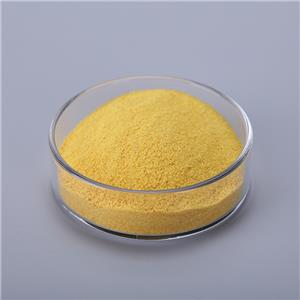
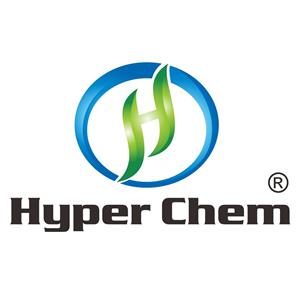
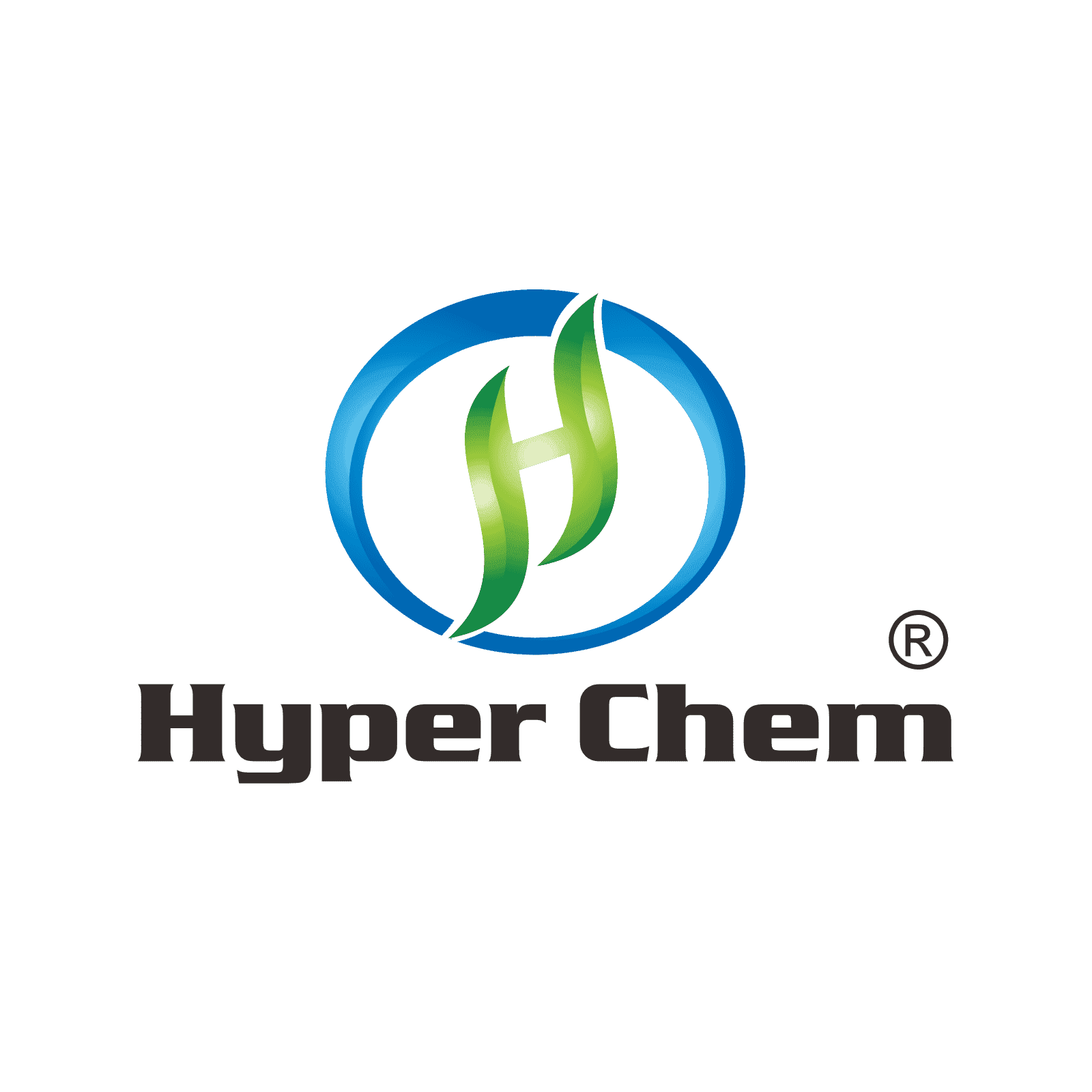
 China
China